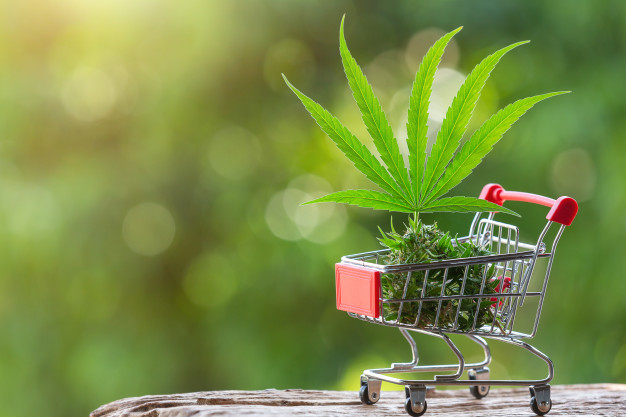
The CBD and hemp industry are rapidly growing in the United States. The well-researched benefits of CBD derived from hemp has changed perceptions around a plant that was once considered contraband across the nation. However, not all information currently circulated about CBD and hemp is accurate.
Many myths about hemp and CBD that were prevalent before legalization are still circulated today. Conversely, some marketing campaigns use unfounded evidence to suggest the advantages of CBD that are not medically or scientifically supported. In such a new industry, it is essential for consumers to conduct their own research and be conscious of misinformation.
As a conscious CBD consumer, it is essential that you look for accredited and reliable sources when learning about CBD and hemp.
Here are some of the most common myths we want to debunk about CBD and hemp industries:
Hemp and marijuana are different plants
The most common form of this myth is that hemp and marijuana are the male and female counterparts of the cannabis plant, with different anatomy and physiology. However, the real difference between the two is in how they’re bred. Hemp is a specialized variety of cannabis that contains less than 0.3 percent of tetrahydrocannabinol (THC). The term “marijuana” refers to the variety of cannabis that contains a greater concentration of THC, typically used for recreational and medicinal purposes. Marijuana is a colloquial term, as is hemp, but they both refer to the species of plant cannabis sativa.
CBD is illegal
All forms of cannabis, including hemp, were outlawed in 1970 by the Controlled Substances Act. This law made cultivation of hemp and its derivative CBD illegal throughout the U.S. This legislation was first challenged in 1996 by California’s Proposition 215 and has since gone through several transformations to reduce regulations on hemp and cannabis cultivation. As of 2018, hemp production is federally legal in the United States. Each state has different regulations on how it can be sold and manufactured; for example, some states still criminalize the sale of CBD products when derived from marijuana rather than hemp plants. However, throughout the United States, you can legally buy and sell CBD products.
CBD and hemp oil are the same thing
Hemp oil (or hemp seed oil) has been in supermarkets and health food stores for decades. This product is derived from hemp seeds and is used in cooking and cosmetics. It is not the same as CBD oil, however, and should not be used as such. CBD oil is extracted from stems and flowers using carbon dioxide or ethanol distillation processes. This concentrated CBD is very different from hemp seed oil, which contains healthy fats and nutrients but not the CBD supplement.
CBD is a “cure-all” for physical and mental health.
CBD has been studied to treat a variety of illnesses, from anxiety and depression to chronic pain, Alzheimer’s disease, and even cancer. However, this does not mean that CBD is a miracle drug. In fact, CBD is very rarely used in FDA-approved medications. The FDA has approved one CBD-based medication, Epidiolex, as a medication for seizures. Aside from this application, CBD is considered to be only a supplement. Supplements help support normal body and mind function, certainly providing benefits to its users, but they do not “cure” symptoms.
CBD doesn’t work
On the flip side to the argument that CBD is a cure-all, there are many people who believe that CBD is simply a health craze with no real backing. However, there is plenty of research to assert the benefits of CBD on mood, energy, and physical wellness.
CBD affects individuals in different ways. You may notice certain effects more than others, or that CBD oils are more beneficial to you when ingested in one medium versus another. However, the wellness advantages of CBD have shown up in research by organizations such as the NIH, WHO, and the National Institute on Drug Abuse.
All CBD oil can be used in vape pens
Vaping CBD has become one of the most popular methods of using CBD. However, many first-time CBD users don’t know the differences between vape liquids and pure CBD oils. CBD vape liquids are specially formulated to burn cleanly with electronic heater coils. CBD oils made for oral ingestion are more viscous than CBD oils, and therefore can cause problems if put into your vape pen or cartridge.
All CBD oil is pure
Because of its strained relationship with the U.S. government, the CBD industry has plenty of uncovered territories. The industry is largely unregulated, which puts the responsibility on consumers to research their products well.
Trusted CBD brands have started performing their own due diligence by working with third-party labs to release Certificates of Analysis (COAs). These certificates offer consumers verifiable information about CBD products to ensure they receive the best quality for the money you spend. Look for the Certificate of Analysis before you buy any CBD product.












